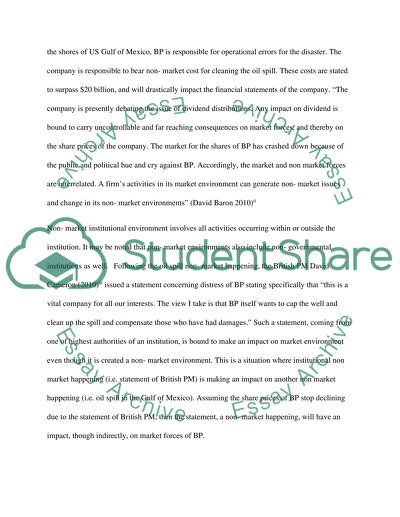Cite this document
(“Non-Market Analysis of British Petroleum (BP) Research Paper”, n.d.)
Non-Market Analysis of British Petroleum (BP) Research Paper. Retrieved from https://studentshare.org/miscellaneous/1568572-non-market-analysis-of-british-petroleum-bp
Non-Market Analysis of British Petroleum (BP) Research Paper. Retrieved from https://studentshare.org/miscellaneous/1568572-non-market-analysis-of-british-petroleum-bp
(Non-Market Analysis of British Petroleum (BP) Research Paper)
Non-Market Analysis of British Petroleum (BP) Research Paper. https://studentshare.org/miscellaneous/1568572-non-market-analysis-of-british-petroleum-bp.
Non-Market Analysis of British Petroleum (BP) Research Paper. https://studentshare.org/miscellaneous/1568572-non-market-analysis-of-british-petroleum-bp.
“Non-Market Analysis of British Petroleum (BP) Research Paper”, n.d. https://studentshare.org/miscellaneous/1568572-non-market-analysis-of-british-petroleum-bp.


